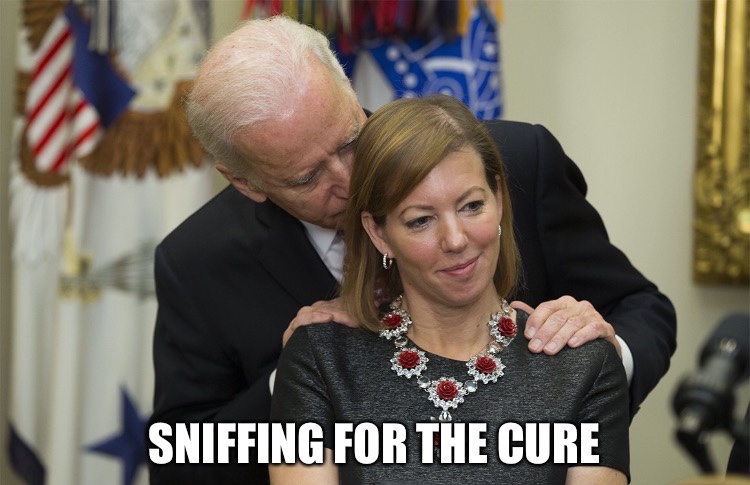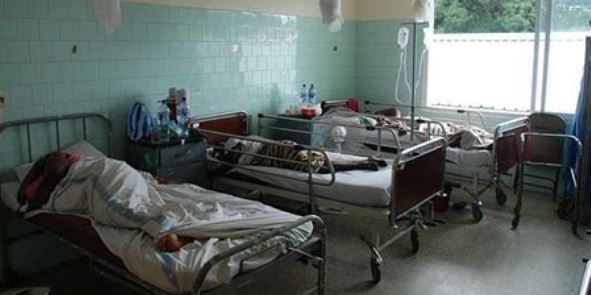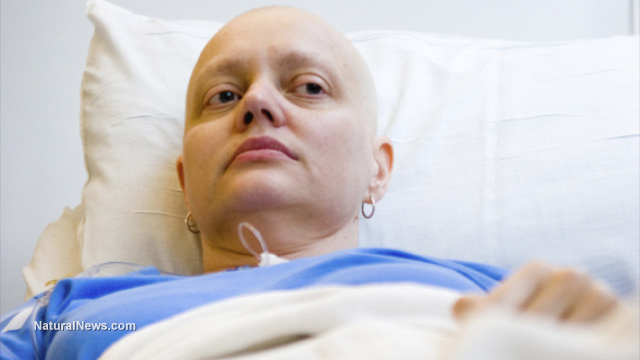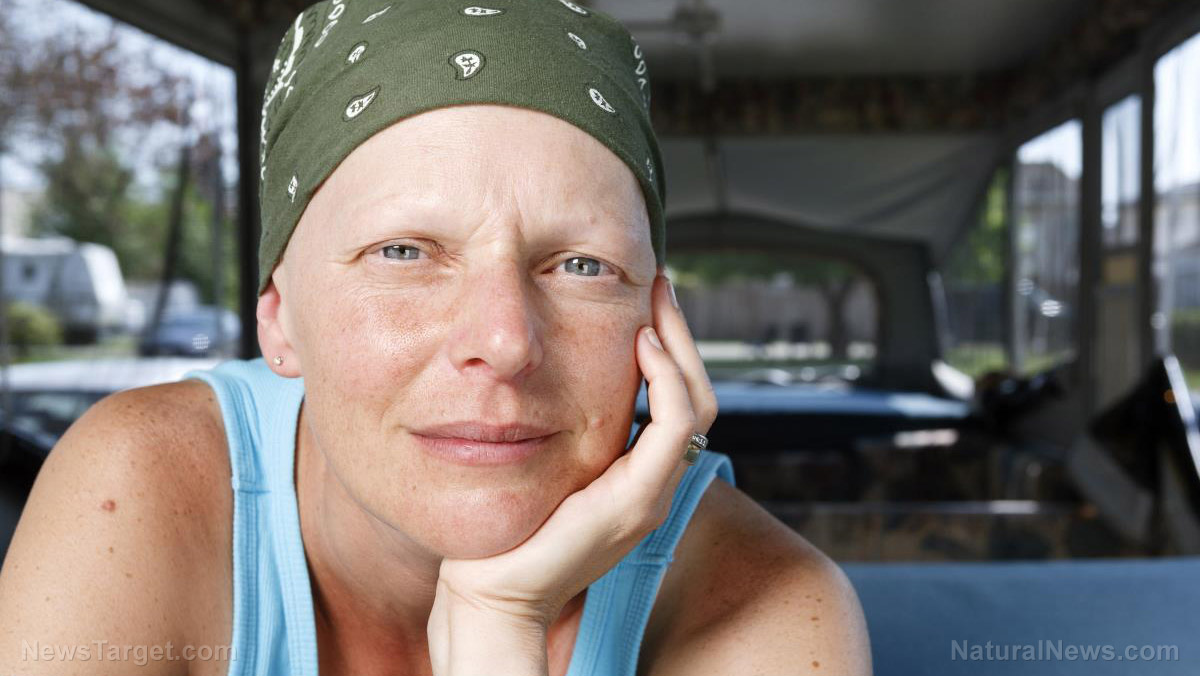Experts warn Senator John McCain’s brain cancer will return even after radiation and chemotherapy
08/19/2017 / By Frances Bloomfield

Last July 31, Senator John McCain returned to Arizona to undergo chemotherapy and targeted radiation, both standard post-surgical treatments for his brain tumor. The Arizona politician, 80, was diagnosed with a primary glioblastoma following a craniotomy to remove a blood clot below his left eyebrow. The July 14 procedure was scheduled after McCain complained of dizziness and headaches. Closer examination of the clot, which was discovered during a routine physical, confirmed the presence of brain cancer. Though the tissue was removed, doctors revealed that there’s a high chance that it will return.
“By the time a glioblastoma is diagnosed, microfibers can spread to the rest of the brain which an MRI would not spot. So even if the main tumor is removed and the patient receives radiation and chemotherapy, it will come back,” Dr. Babcar Cisse, Weill Cornell Brain and Spine Center neurosurgeon, explained to the DailyMail.co.uk.
Glioblastoma, also known as glioblastoma multiforme, is one of the most common yet most aggressive brain tumors in adults. These fast-growing tumors won’t spread to other organs; however they can occur in any part of the brain. Once diagnosed, a glioblastoma is often very difficult to remove because the tumor has spread deep into the brain. Most patients who have had a glioblastoma have no family history of the illness, and intense radiation exposure is the sole known risk factor for brain cancer, regardless of its type. “We cannot know if Senator McCain’s five-and-a-half years of captivity in Vietnam during the war could have increased his risk of developing the tumor,” said Dr. Cisse.
Though chemotherapy and radiation are customary treatment options for most forms of cancer, both have their drawbacks. Chemotherapy might be ineffective due to the blood that surrounds and protects the brain. This barrier of blood will most likely make it more difficult for the drugs to reach the glioblastoma. Radiation, on the other hand, can only be used on the senator in low doses to reduce the risk of harming other tissues and organs. This treatment will shrink the cancer, but it won’t completely kill off the tumor, which will mostly like return and continue to grow. (Related: Chemotherapy actually increases cancer growth, cancer cells becoming resistant to treatment: Study.)
Now comes the question on what direction the McCain family will take if both of these treatments fail. Will they continue to rely solely on western medicine? Or will they try natural remedies to strengthen the body and assist in its natural healing processes?
Chemotherapy and radiation have already failed Beau Biden, son of former U.S. Vice President Joe Biden. The 46-year old attorney was diagnosed with glioblastoma in 2013, then received chemotherapy and radiation treatments, which temporary stabilized the cancer. Two years later, however, Beau Biden’s cancer recurred and he died 10 days after being admitted into a Maryland hospital.
Senator Ted Kennedy, youngest brother of former U.S. President John F. Kennedy, passed away in 2009 from the exact same condition. He too underwent radiation and chemotherapy.
Conventional cancer treatments won’t guarantee positive results for McCain, yet more natural alternatives might. Changes to his diet, homeopathic substances, increasing dosages of minerals and vitamins may support the body and boost its strength.
Visit CancerSolutions.news to read up on more stories about treatments for cancer.
Sources include:
Tagged Under: brain cancer, cancer, cancer treatments, disease treatments, Glioblastoma, radiation, Senator John McCain
RECENT NEWS & ARTICLES
COPYRIGHT © 2017 CANCER SCAMS



















